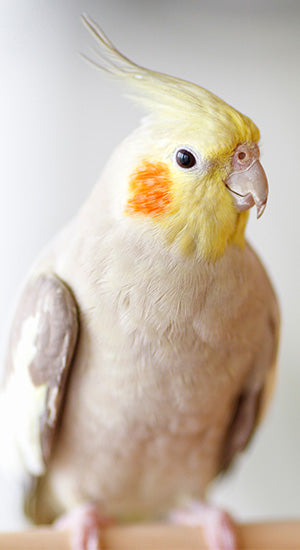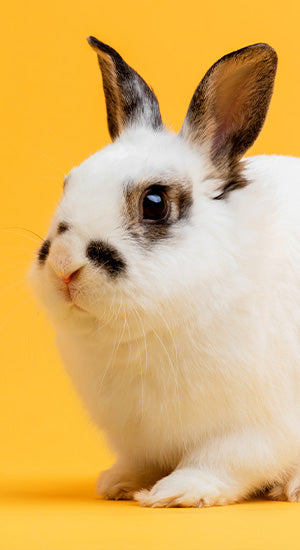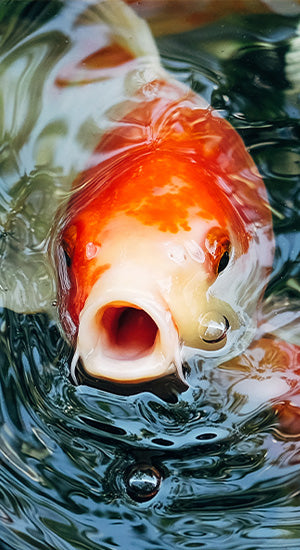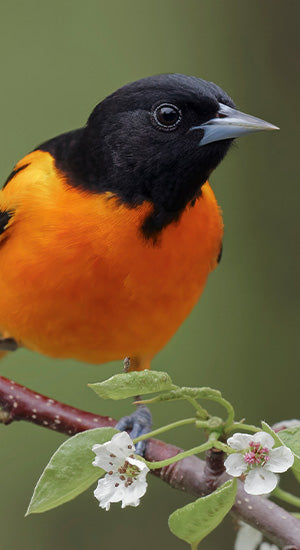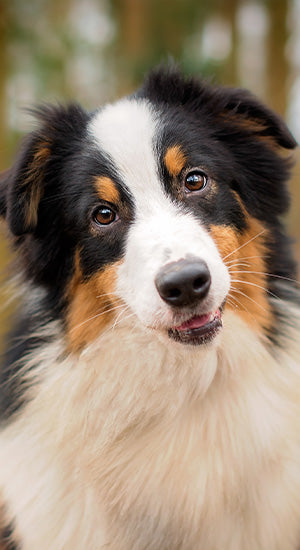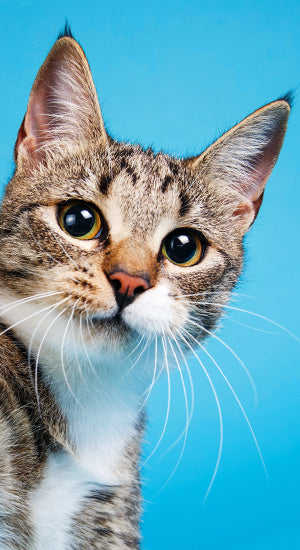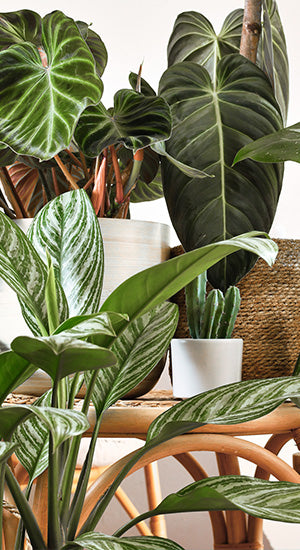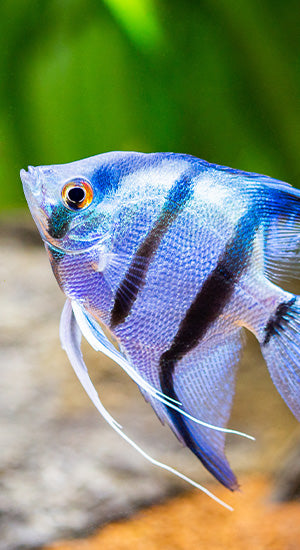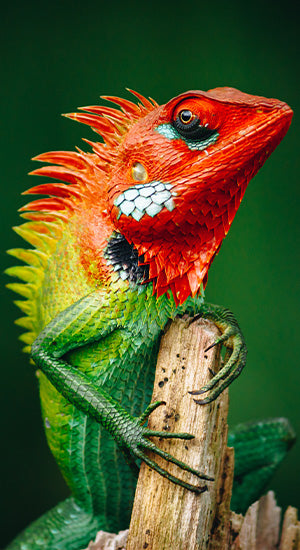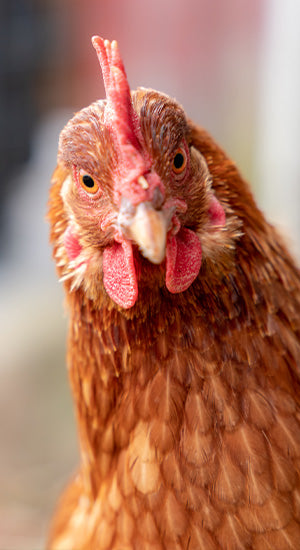Seasonal Safety For Your Pet Bird
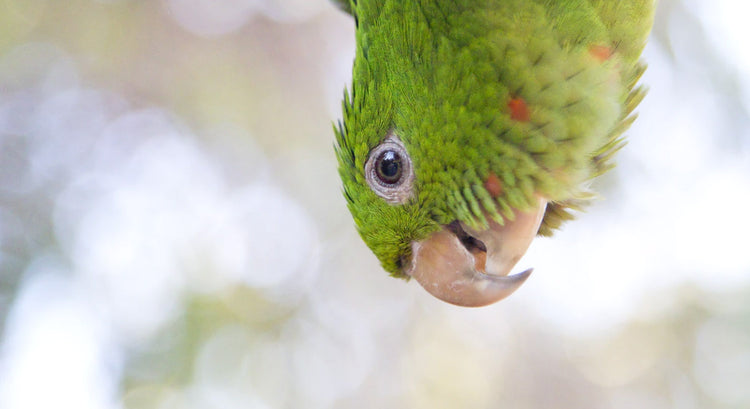
It's officially summer! Now that the warm weather is here to stay, we want to remind you of some seasonal dangers that you may not already know about that can help keep your feathered friend happy and healthy this summer!
Air Conditioning
Air Conditioning can have a negative impact on your bird's respiratory system. Parrots are used to warm, humid air and AC actually takes a lot of the moisture out of the air. Symptoms of too much AC exposure include laboured breathing, wheezing, tail bobbing, and change in voice. If your bird is exhibiting any of these symptoms, try turning off the AC. If these symptoms are severe, we advise you to take your bird to the vet as soon as possible.
Ceiling Fans
Ceiling fans should only be on when your bird is inside the cage or in another room. If your bird is fully flighted we advise keeping the ceiling fan off regardless of what room the bird is in. Many birds fly into these fans by mistake and get injured or killed.
Open Doors & Windows
Flighted birds should be kept inside their cage while doors or windows are open to ensure the bird does not fly away. Exotic Wings & Pet Things strongly encourages bird owners to clip wings for the safety of your bird. Birds should be kept away from closed windows as well to lower the risk of them flying into it and injuring themselves.
Cleaning & Home Projects
Many cleaning products can be dangerous for your birds so make sure that you keep your birds away from any home improvement projects! Paint, bleach, and pressure-treated lumber are some examples of dangerous substances. If using wall paint, we recommend taking your bird out of the house for at least a week to allow the fumes and fragrances to decimate. Bleach and other cleaners can harm your bird if ingested or inhaled. Pressure-treated lumber such as decks and patios can harm your bird if ingested so don’t let them chew on it!
Loud Noises
Loud noises like cars, fireworks and gatherings can make your bird anxious. Leave the radio on during the day and to drown out other noises. At night you can use a fan or white noise machine so that any sudden noises don’t cause a night fright. Leave a night light on during the night as well to lower the risk of night frights as they can cause the bird to fall from perches and injure themselves.
Outdoors
Now that it is warm enough to take your bird outside, it is important that they are only brought outside if they are supervised and out of direct sunlight. Do not bring your bird outside between 11am and 4pm as they may overheat.
Supervision is necessary when you allow your bird outside. Keeping your bird in a carrier or on a harness is ideal when outside. Flighted birds should NOT be allowed outside without either a harness or inside a cage. It is also important to keep an eye out for hawks and other birds when you bring yours out on your shoulder - it is entirely possible for your bird to be taken right off your shoulder!
If you house your birds outside in an aviary it is important to make sure that they are sheltered from the elements. Strong winds, rain and hail can be dangerous for your bird’s health.
It is also important that your birds are brought indoors during dusk and dawn to keep them from getting bit by mosquitos. Mosquitos are the principal vectors of West Nile Virus and while some species of parrots have shown resistance, it has been reported in parakeets, cockatoos, conures, rosellas, caiques and lorikeets. Clinical signs of WNV include depression, anorexia, weight loss, head tremors, ataxia, blindness, seizures, and death.

